
What’s the Past Tense of Bleed? Bleeded or Bled?
Bleed is in the present tense. Bled is the simple past and the past participle.
Explore the breadths and depths of Grammarflex’s knowledge base, containing resources and comprehensive guides on pretty much everything you could want to know related to English grammar and writing.
Learn all about the main parts of speech, which (in case you forgot) comprises of verbs, nouns, adjectives, pronouns, adverbs, conjunctions, prepositions and interjections. Beyond the fundamentals of English grammar, you’ll find guide on writing mechanics and style, literary devices amd more.


Bleed is in the present tense. Bled is the simple past and the past participle.
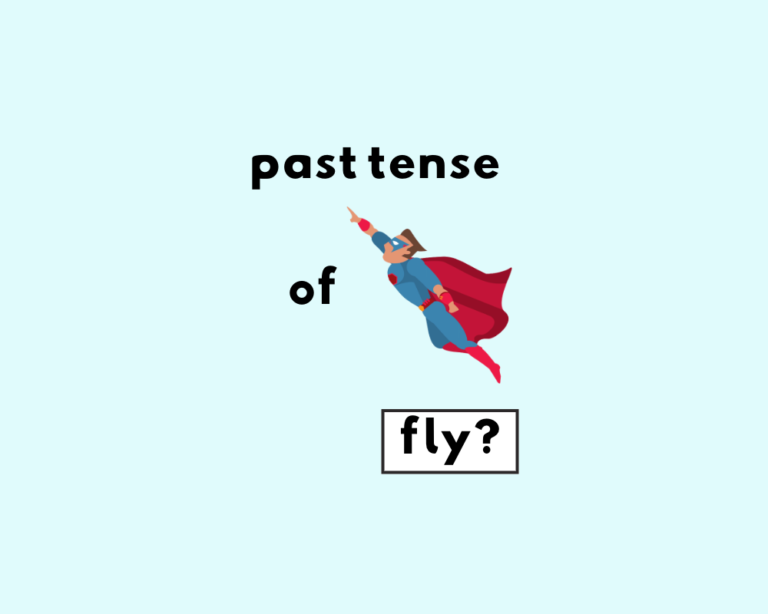
To fly is the present tense. Flew is the simple past, and flown is the past participle.
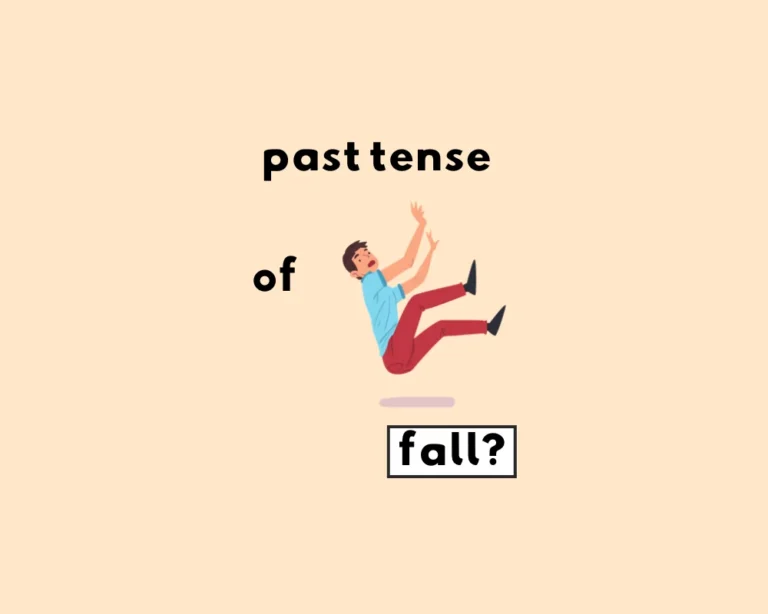
Fall is in the present tense. Fell is the simple past, and fallen is the past participle.
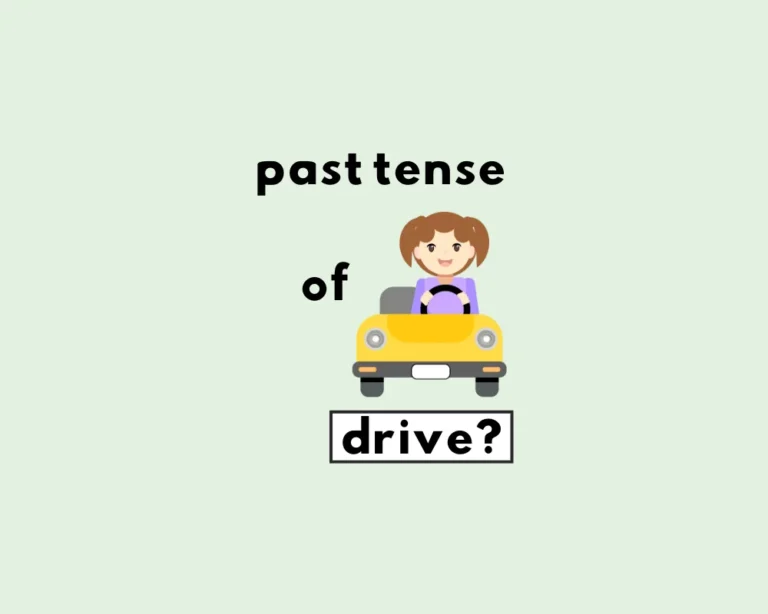
The simple past tense of drive (rhymes with hive) is drove (rhymes with trove). Driven is the past participle.
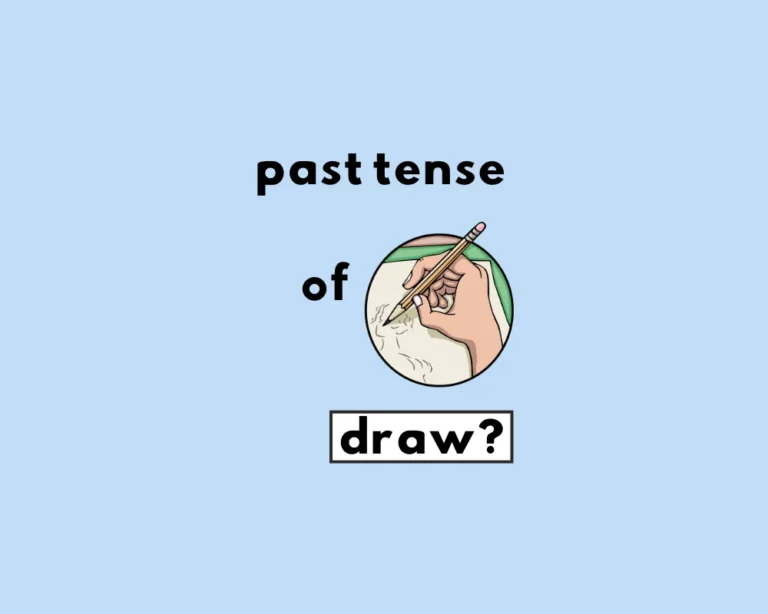
To draw is in the present tense; whereas drew is the simple past, and drawn is the past participle (in all contexts).
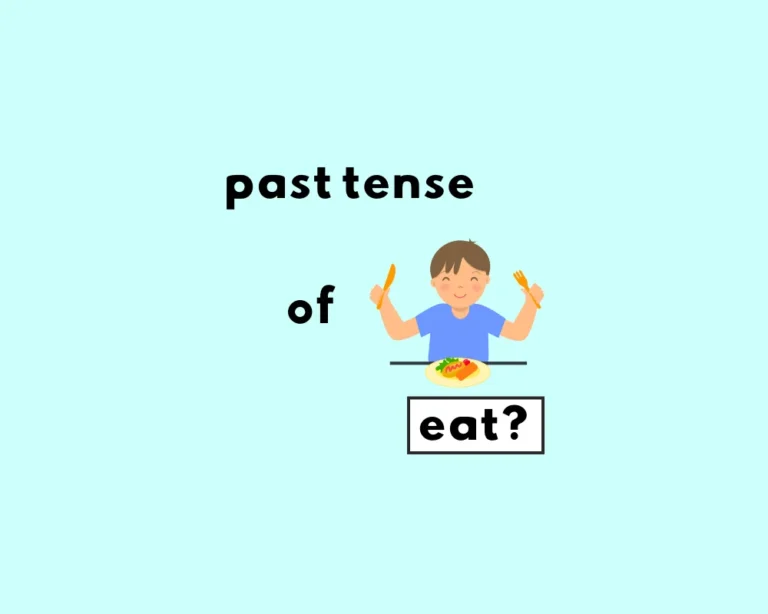
To eat is the base verb (present simple). Ate is the past tense, and eaten is the past participle.
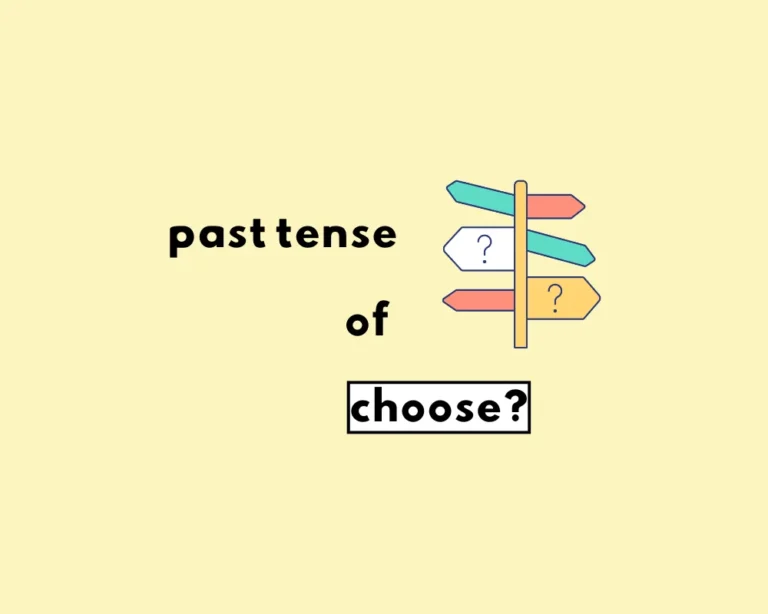
Choose (pronounced like chews) is in the present. Chose is the simple past tense, and chosen is the past participle.

Collective nouns name a group, unit or collection as one whole or single entity: an army of soldiers.

The past tense of the transitive verb ‘to lead’, is ‘led’ (rhymed with fed).